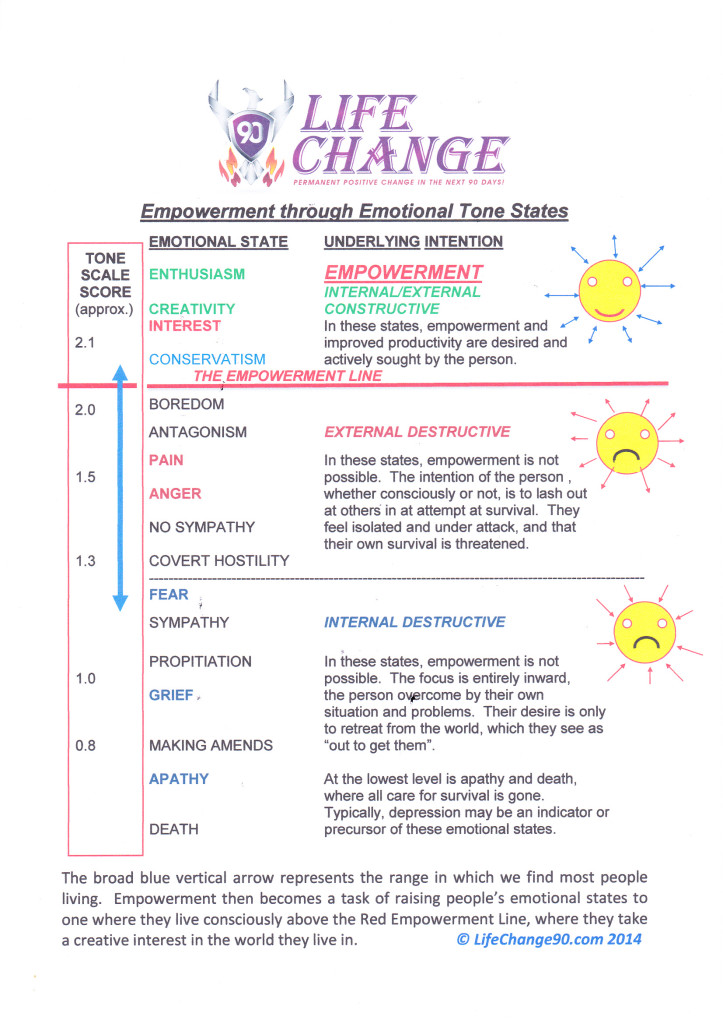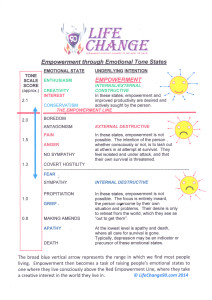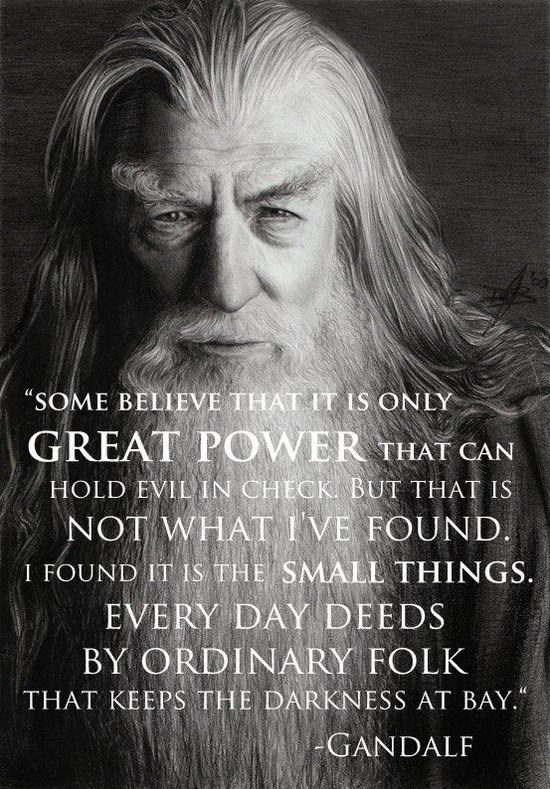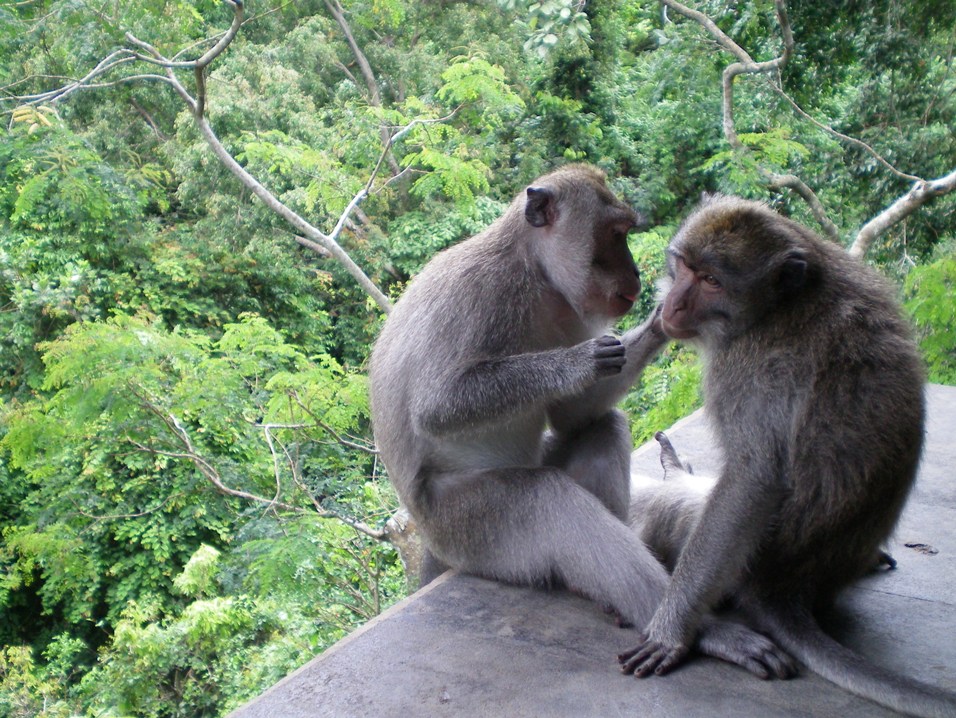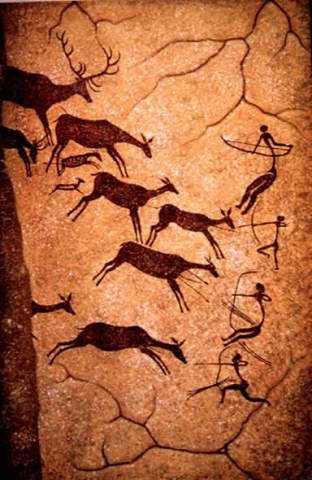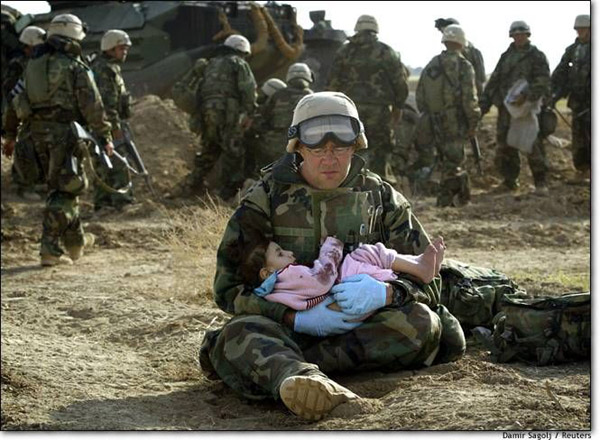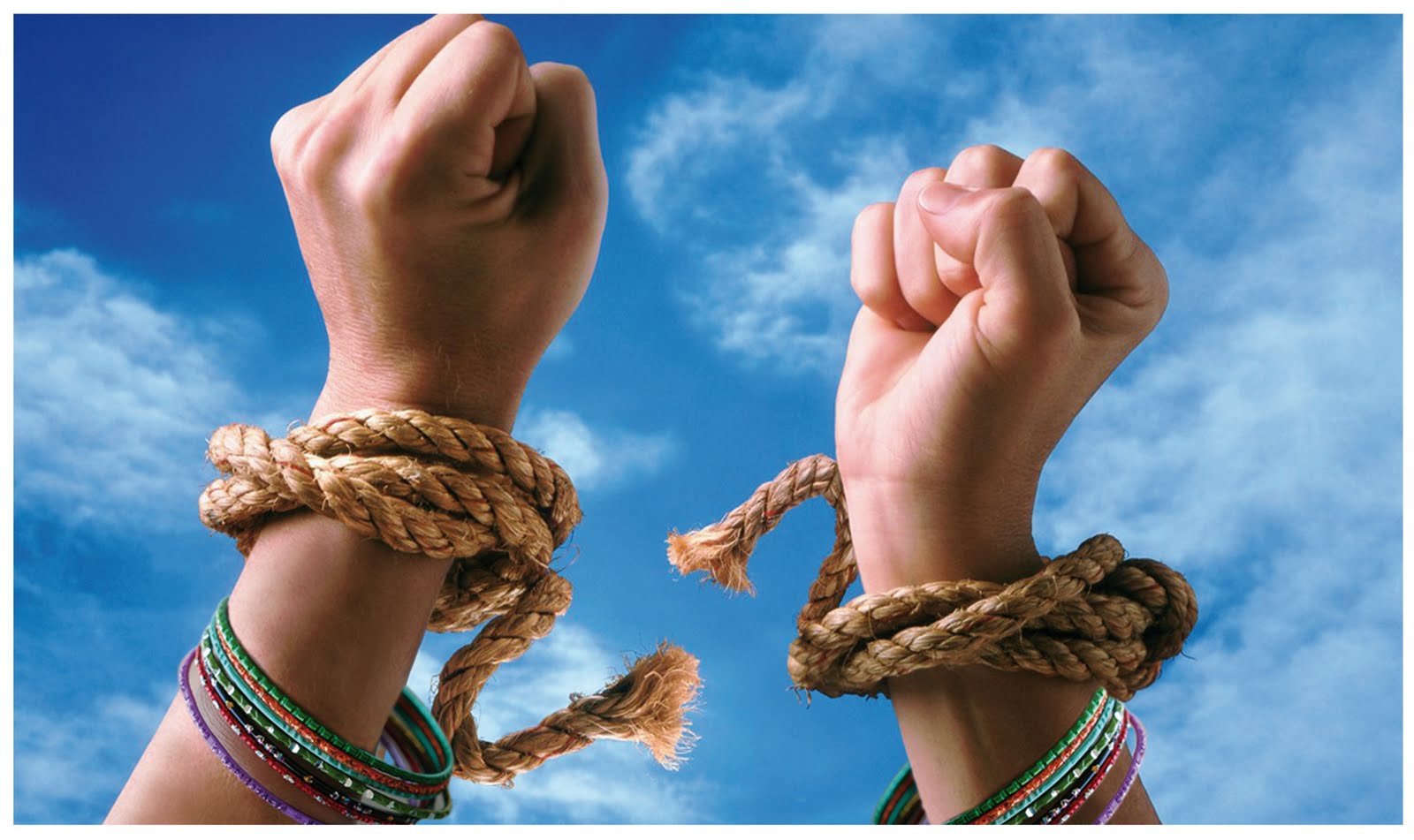Empowerment through emotional intelligence

Tip of the iceberg!
Image from www.soulseeds.com.
“In a very real sense we have two minds, one that thinks and one that feels”
― Daniel Goleman, Emotional Intelligence: Why It Can Matter More Than IQ
Daniel Goleman
Read more at http://www.brainyquote.com/quotes/authors/d/daniel_goleman.html#R7x3cmosuxQpFFMd.99
Empowerment through Emotional Intelligence
Many people have heard of the term “Emotional Intelligence”, made famous in a book by Daniel Goleman and now commonly called “EQ”. We were all made familiar with “IQ”, our intellectual intelligence quotient many years ago, when intelligence testing was considered the ultimate measure of a person. Fortunately, that has since been found to be a very small part of the story. It’s now recognised that a person’s “IQ” is not really as important as how the person is able to utilise their “IQ”. That level of utilisation is often a measure of their “EQ”.
Let me give you an example. I went to school with a really brainy guy. In my own high school up to Grade 10, I was considered reasonably intelligent and won class awards in some subjects. Alongside this guy, I was a dunce! We did a physics exam one day when I was in Grade 11 at College, and he got 65 questions right, out of a possible 66. HE WAS FURIOUS! The question he wasn’t marked correct on had a full stop missing! That’s all! But he wasn’t used to not getting everything right!
However, brilliant as he was in the science laboratory or the maths class, this is the guy who would walk out of the dormitory with his shoe laces untied, his shirt buttoned crookedly and was forever asking for someone to help him with his neck tie! In the world outside the laboratory, the poor guy was hopeless and helpless! I don’t know if he ever got a drivers licence, but I hope not….!
He had a very high IQ, but almost no EQ. And that is the difference.
EQ is the ability to relate to others, to communicate effectively and to empower others.
What is empowerment?
Empowerment is the ability to influence the environment around you for the benefit of all. #Empowerment through emotional intelligence is the way you utilise your communication skills, your ability to create rapport and empathy with people, to influence outcomes and the behaviours of other people.
Let’s face it: Personal empowerment only happens when you empower others. You cannot be empowered in isolation. The most powerful person on the planet is no more powerful than anyone else if they are sitting alone in a dinghy miles offshore. Put that same person in a room with other people and their empowerment becomes evident. Their influence is felt throughout the room. Even if their identity remains unknown, their effect on the people around them will be felt. That is empowerment. But your own empowerment only happens when people around you respond positively to your behaviour and treatment of them.

Empowered Couple
Image from www.essentialoilspedia.com.
You see the evidence of this in many places. A loving couple together may be a formidable team, a unit of considerable influence, power and passion. However, before their meeting and becoming a couple, either of them may have been described by their friends as lacking in confidence. Together, they empower each other.
A political leader can be a dictator and through absolute power wield much influence. However, the most loved leaders will often have more power and influence and especially the respect of their people, than the brutal dictator. As a fringe benefit, they also have more job security and in retirement will be welcome anywhere in the world.

Dictators from history – how many can you name?
Image from www.freemediaproductions.info.
An example of that would be to compare Idi Amin, Saddam Hussein or Muammar Gaddafi with Nelson Mandela. Idi Amin, Saddam Hussein and Gaddafi were dictators, responsible over their long and brutal reigns for the deaths of thousands of people. Their armies kept them in power, but ultimately rebellions and civil wars cost them their leadership. They died as they lived. Nelson Mandela had the same struggle to begin with, perhaps even harder, but when he came to power, he was loved and respected by all, and empowered other people throughout his many years as president of his country of South Africa. When he retired, he remained the most respected elder statesman in the country. The respect for him was global, and even the Pope sought meetings with him. Other world leaders sought his counsel. When he passed away recently, the nation of South Africa was just one of the nations around the world mourning the passing of one of the greatest statesmen the world has ever been blessed with.
An empowered leader, Nelson Mandela
Image from au.lifestyle.yahoo.com.
The same happens with us on a personal level. We need to be empowering others, for us to become empowered people and leaders. Empowerment does not work in a vacuum, or in isolation. Our empowerment is measured by the degree of empowerment we give to those around us.
How do you gain empowerment through emotional intelligence?
The first part of this is understanding the power of our emotions, and the effect they have on our behaviour. Below is the Empowerment Tone Scale Chart. The range of human emotions is captured down the left side of the scale, from the lowest of emotions, apathy, to the highest, up above enthusiasm. It goes much higher, but those are states not relevant here.
The critical point on the scale is the red empowerment line, just above boredom. Below this point, a person is purely reacting to stimuli, but not operating rationally. That is not to say they are not capable of high level thinking and planning, but their thinking is not constructive. In some form or another, it is destructive. Above the line is where interest and constructive thinking begin, and win/win solutions and new concepts are possible.
A person in grief is way down on the scale. In this state, the person is more introspective, turned inward. To communicate with this person, we need to empathise with them, and find a way to reach their emotional state without entering into it ourselves. Then we need to raise them up to the level of the Empowerment Line, even if only briefly, to get them to apply rational thinking to their situation. That doesn’t mean they will stay there, nor should they. There is an established grieving process that people need to complete before they can move on with life. Empowering this person is entirely appropriate, but to try to keep that person, who is suffering with their grief, in an empowered, enthusiastic state for an extended period is denying them their grieving process and unrealistic.

Comfort through grief
Image from www.yourdictionary.com
To raise a grieving person up to an empowered level for a time, respectful questions that require processing are needed. Processing can only be done in an emotional state above the empowerment line. To answer the question, their mind needs to rise to the empowerment level. Gentle questions can do this, and will rouse the person from their grief and enable them to function more rationally.
However, if the person is angry, in emotional pain or hostile, their emotions are directed outward to inflict their pain and angst on the world, to retaliate. Much as a friendly dog will bite when cornered or in pain, the person’s behaviour is also a non-rational reaction to circumstances.
Again, gentle but firm questions that require processing will have a positive effect, although it may take a series of questions and the format is quite specific. Questions such as:
“How can we sort this out?”
“How can we change this around?”
“How can we fix this problem?”
This format aligns the person asking the question with the person feeling the pain or anger, where formerly, they felt alone. It also puts the source of their pain or anger or grief out as an issue independent of the person. It identifies it as a problem that can be solved with rational thinking. Thus the person is raised to the level of rational thinking and empowerment to deal with the issue that was formerly their millstone. This is empowerment through emotional intelligence – your use of your “EQ” can provide a powerful influence on anyone suffering from a lowered emotional state.
Once the emotional state begins to rise, when appropriate, offer the opportunity for some responsibility in and a share of the positive outcomes of the solutions. Offer the hope of brightness of the future, and show them that it is their responsibility to claim it.
How important is empowerment through emotional intelligence?
Look at the vertical blue arrow in the scale. That is the emotional region where most people live, and the majority of them are probably between boredom and hostility, tapering more towards the extremities. In other words, most people you meet will need to be empowered BEFORE you can relate with them! They will need a reason to think and to start a rational thought process before you can have a positive relationship with them, because that is not a normal state for them!
Can empowerment become a normal state?
Yes, absolutely, and empowerment through emotional intelligence is the pathway. It is a learned process, and once learned and the success behaviours and actions of empowerment are formed and become habits, empowerment becomes the normal way of life. And yes, anyone can do this.
If you feel this article has empowered and benefited you and you feel it could benefit the personal empowerment of other folks you know, please reblog it, share it with your friends and associates. It might be the day you changed someone’s life for the better! If that was that special person in your life, then congrats: you just changed your own life too!
Til next time, fair winds and full sails,
Ray Jamieson
“emotional self-awareness is the building block of the next fundamental emotional intelligence: being able to shake off a bad mood”
― Daniel Goleman, Emotional Intelligence: Why It Can Matter More Than IQ
Please also refer to my previous posts on Empowerment:
What would an empowered man do?

